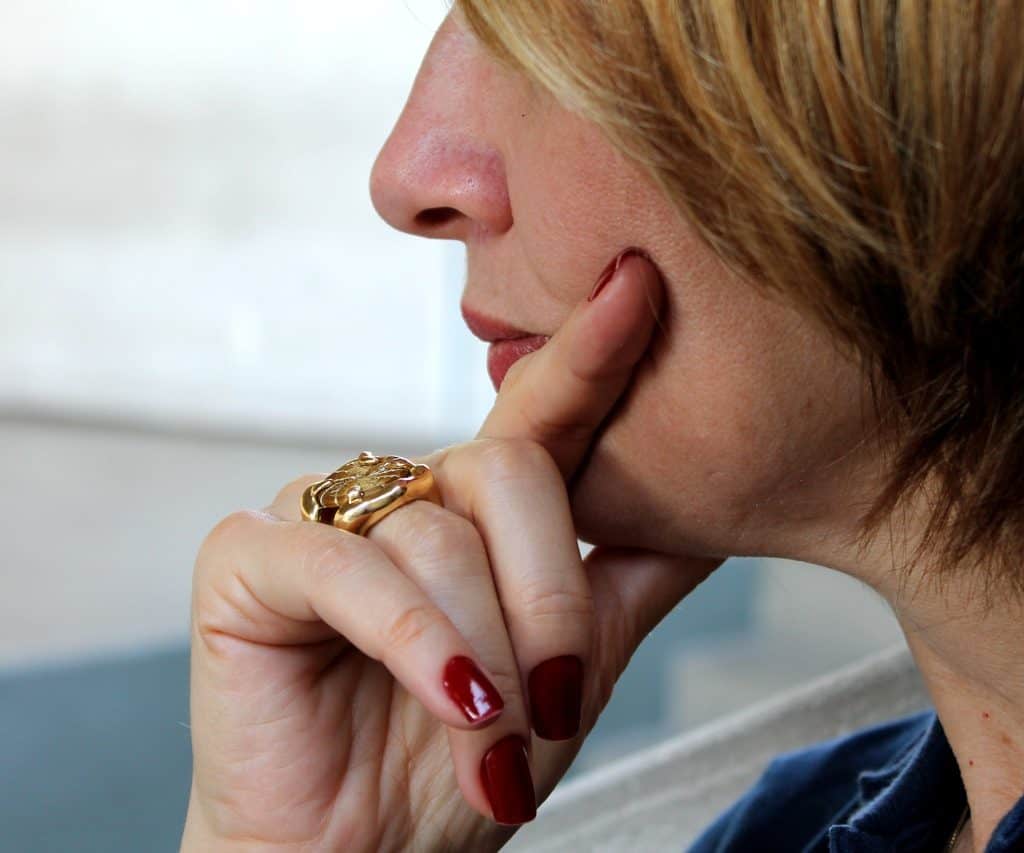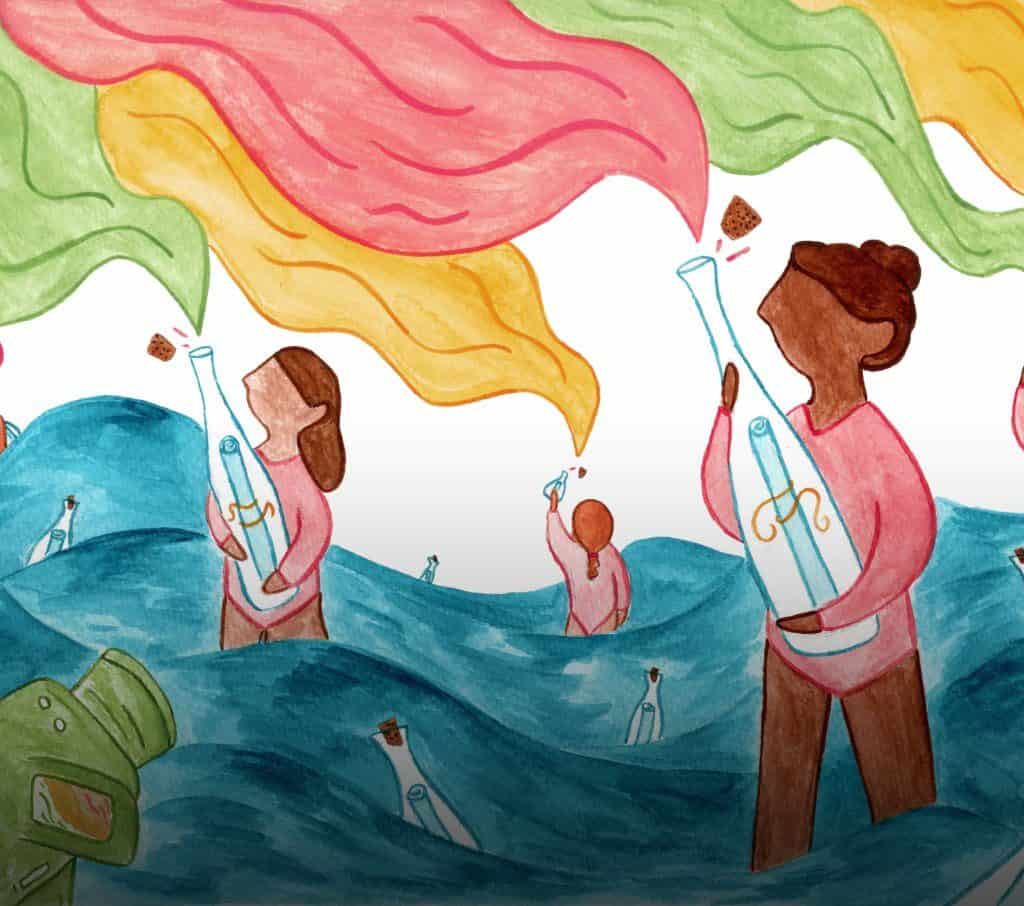Throughout the journey of life, we frequently encounter scenarios where our appraisal of others’ actions contrasts starkly with our evaluation of our own. Have you ever noticed this anomaly?
Appraising Others: Cognitive Bias or a Skew in Self-perception?
When we witness someone behaving poorly, we are swift to ascribe their misconduct to inherent flaws in their character. However, should we display the same behavior, we excuse ourselves by attributing it to momentary stress or an impulsive reaction.
In many instances, we categorize individuals as obstinate if they adhere to their principles, yet when we stand by our beliefs, we perceive it as an emblem of resoluteness.
When observing discord between a person and one of our friends, we indict that individual for harboring prejudice. Yet, should we demonstrate a similar lack of warmth toward a friend of another, we assert that we are merely astute judges of human character.
If another individual completes tasks at a slower pace, we label them as lackadaisical. However, when we are the ones taking our time, we contend that we merely prefer thorough consideration.
From Censure to Self-indulgence
How do we perceive ourselves compared to others?
When a person is known for excessive spending, we reproach them as a spendthrift. Conversely, when we are the ones who spend freely, we view ourselves as benevolent.
If someone consistently criticizes, we tag them as overcritical. But when the critique originates from us, we maintain that we are simply skilled at discernment.
We may misconstrue another person’s good manners as a sign of weakness, but when we conduct ourselves politely, we commend our own respectfulness and civility.
When someone accidentally damages something, we immediately brand them as clumsy. However, if we are the culprits causing the wreckage, we depict ourselves as dynamic.
We often find it easier to detect the speck in someone else’s eye while overlooking the log in our own. It would indeed be a favor to ourselves if we chose to focus on the virtues of others rather than making hasty judgments.
Ultimately, the measure we use for others will be the measure used for us. It’s crucial to bear in mind that our treatment of others is a reflection of our expectations about how we ourselves should be treated.




